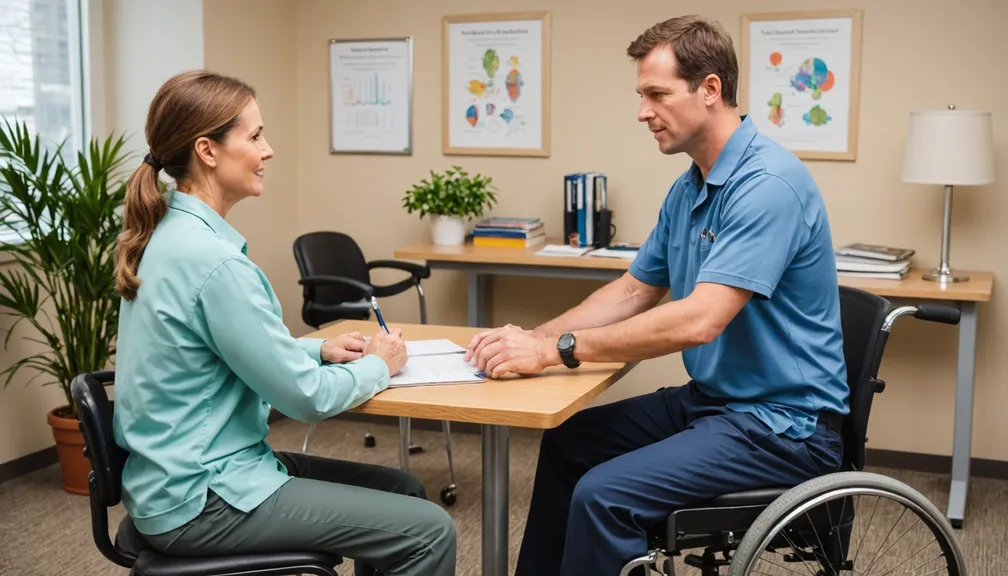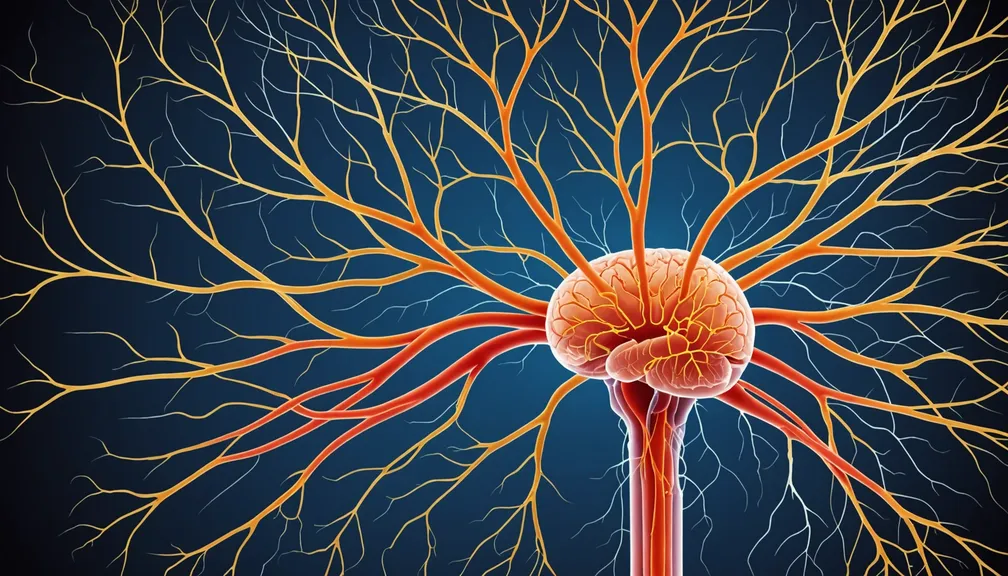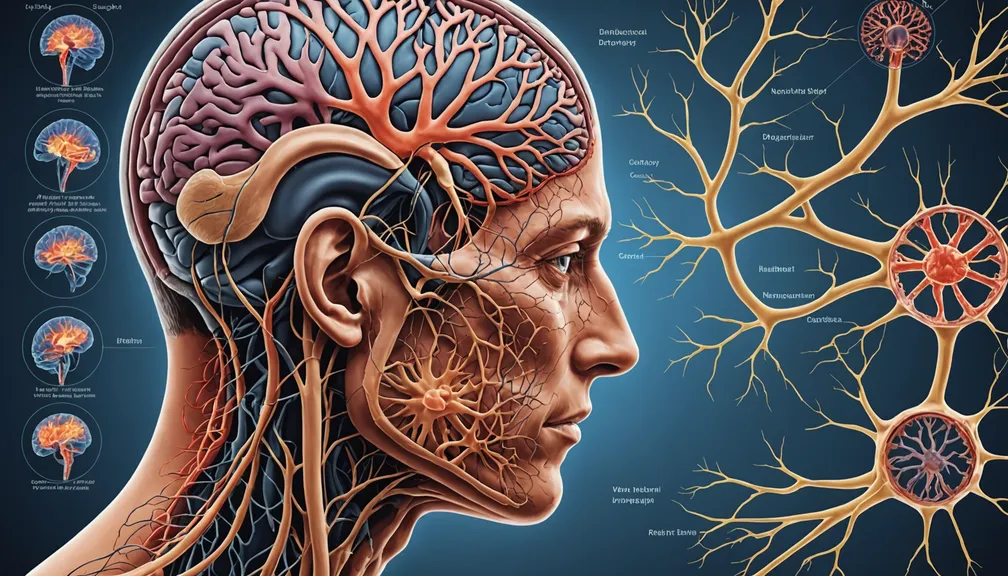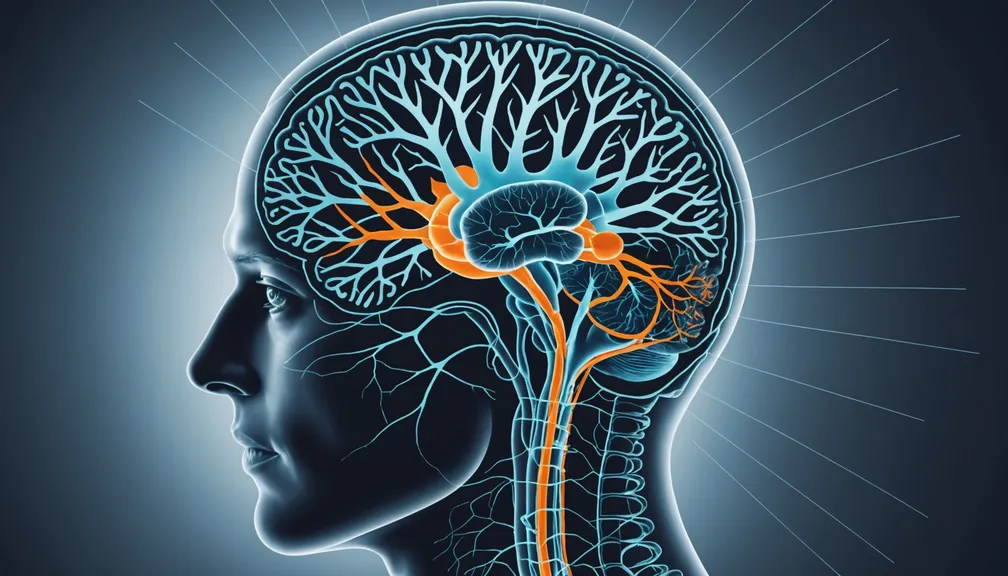Recognizing Early Signs of Neurological Disorders
Understanding Neurological Disorders
Neurological disorders are conditions that affect the brain, spinal cord, or peripheral nerves. These disorders can influence how the body functions, impacting everything from movement and coordination to memory and emotions. Recognizing the early signs can lead to timely treatment and better management of the condition.
Common Early Signs and Symptoms
Physical Symptoms
- Muscle Weakness: Difficulty performing everyday tasks such as walking, lifting, or holding objects.
- Coordination Problems: Frequent stumbling, balance issues, or clumsiness.
- Numbness or Tingling: Sensations in the limbs that may indicate nerve damage.
- Seizures: Sudden, uncontrolled electrical disturbances in the brain causing convulsions or altered consciousness.
- Unexplained Headaches: Persistent or severe headaches that are different from usual patterns.
Cognitive Symptoms
- Memory Loss: Struggling to remember recent events, important dates, or details.
- Confusion: Difficulty understanding instructions or processing information.
- Difficulty Concentrating: Challenges in focusing on conversations, reading, or completing tasks.
- Speech Difficulties: Trouble finding the right words or articulating thoughts clearly.
Emotional and Behavioral Changes
- Mood Swings: Sudden and unpredictable changes in mood, such as shifting from happy to sad.
- Depression or Anxiety: Persistent feelings of sadness, hopelessness, or excessive worry.
- Irritability: Increased frustration or anger over minor issues.
- Social Withdrawal: Avoiding social interactions and activities once enjoyed.
Importance of Early Recognition
Identifying neurological disorders early is crucial for several reasons:
- Effective Treatment: Early intervention can slow disease progression and alleviate symptoms.
- Improved Quality of Life: Managing symptoms promptly can enhance daily functioning and well-being.
- Better Prognosis: Timely diagnosis often leads to better long-term outcomes.
- Support Planning: Allows for the arrangement of necessary support systems and resources.
Steps to Take If You Notice Changes
- Monitor Symptoms:
- Keep a detailed record of any new or worsening symptoms.
-
Note the frequency, duration, and intensity of these changes.
-
Consult a Healthcare Professional:
- Share your observations with your primary care doctor.
-
Discuss any concerns and provide your symptom diary.
-
Seek Specialist Evaluation:
- Your doctor may refer you to a neurologist, a specialist in nervous system disorders.
-
Additional tests, such as MRI or EEG, might be recommended for accurate diagnosis.
-
Follow Treatment Plans:
- Adhere to prescribed medications and therapies.
-
Attend all scheduled appointments and follow medical advice diligently.
-
Educate Yourself:
- Learn about the specific neurological disorder to understand its impact and management strategies.
Medical Professionals Who Can Help
- Neurologists:
-
Specialists in diagnosing and treating disorders of the nervous system.
-
Neurosurgeons:
-
Surgeons who perform operations on the brain, spinal cord, and nerves.
-
Psychiatrists:
-
Mental health professionals who can help manage emotional and behavioral symptoms.
-
Physical Therapists:
-
Experts in improving movement, strength, and coordination.
-
Occupational Therapists:
-
Assist in maintaining daily living skills and adapting to physical limitations.
-
Speech-Language Pathologists:
- Help with communication challenges arising from neurological issues.
Supporting Yourself and Loved Ones
- Build a Support Network:
-
Connect with family, friends, and support groups for emotional and practical assistance.
-
Maintain a Healthy Lifestyle:
- Balanced Diet: Eat nutritious foods to support overall health.
- Regular Exercise: Engage in activities that enhance strength, flexibility, and coordination.
-
Adequate Sleep: Ensure restful sleep to aid in recovery and mental clarity.
-
Manage Stress:
- Practice relaxation techniques such as meditation, deep breathing, or yoga.
-
Seek professional counseling if needed to cope with emotional challenges.
-
Stay Informed:
- Keep up-to-date with the latest research and treatment options for your specific condition.
-
Attend workshops or seminars to gain a better understanding of managing the disorder.
-
Plan for the Future:
- Make necessary arrangements for medical care, legal matters, and daily living needs.
- Discuss your wishes with loved ones to ensure your preferences are respected.
By recognizing the early signs of neurological disorders and taking proactive steps, you can significantly impact the management and progression of these conditions. Remember, seeking help early leads to better outcomes and a higher quality of life.






